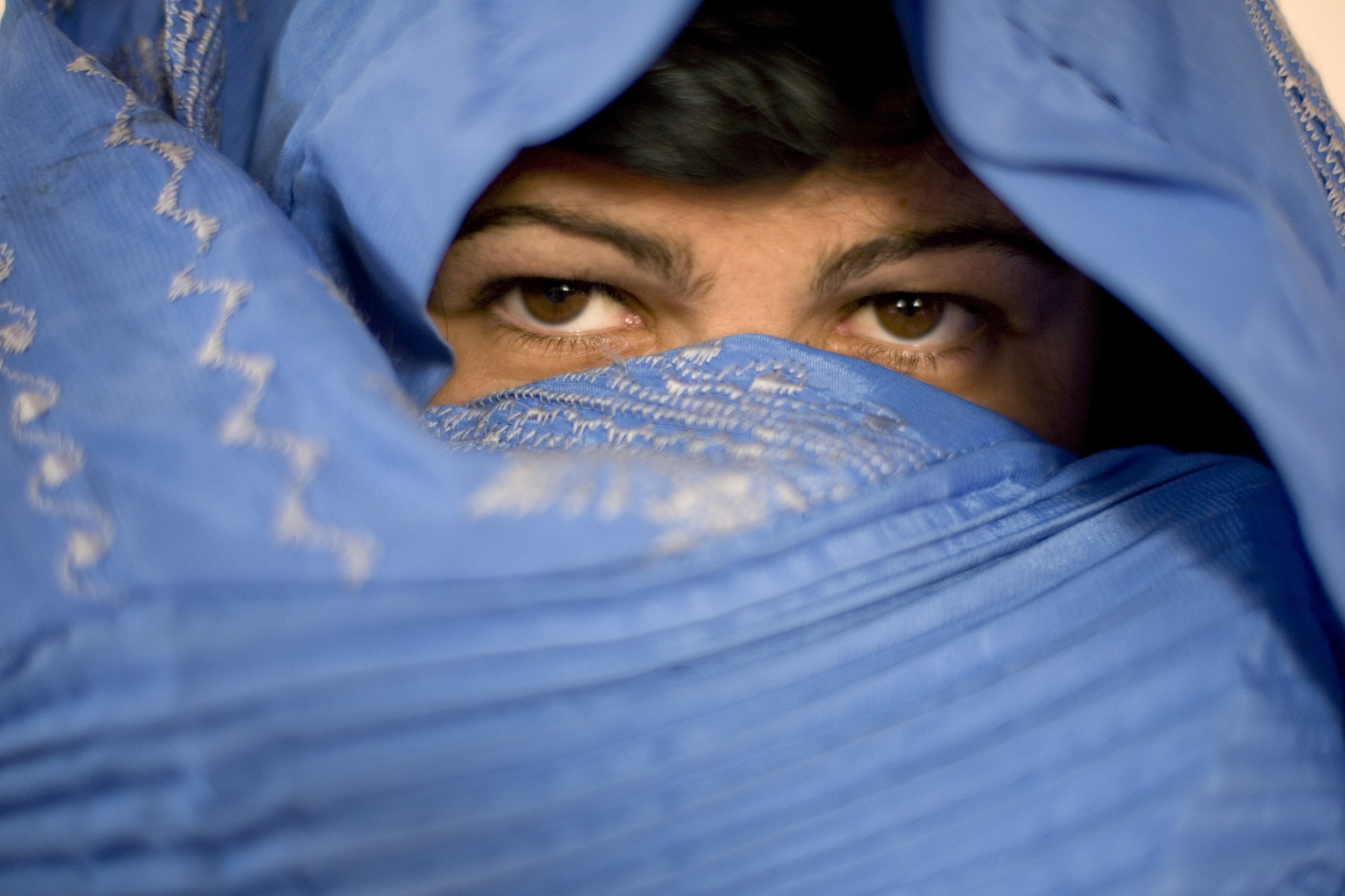By RFE/RL’s Radio Azadi andAbubakar Siddique
20 June 2024

Leading Afghan women’s rights activists have sounded the alarm ahead of a major international conference on Afghanistan hosted by the United Nations.
Rights campaigners have slammed the world body for inviting the Taliban to the June 30-July 1 event in Qatar, a move that they say provides tacit international legitimacy to the Taliban’s unrecognized and internationally sanctioned government.
Activists are also enraged that the UN has made major concessions to the extremist group, which has severely curtailed women’s rights since seizing power in 2021. That includes preventing the participation of Afghan women and removing the issue of women’s rights from the agenda of the meeting in the Qatari capital, Doha.
Sima Samar, an award-winning rights campaigner and the former head of the Afghanistan Independent Human Rights Commission, is among those who have voiced their concerns ahead of the meeting.
“When we talk about the critical issues in Afghanistan, it will be meaningless without a discussion on human rights and the right of women to education and work,” Samar told RFE/RL’s Radio Azadi.

The Doha conference will bring together members of the Taliban, the special envoys to Afghanistan of over a dozen countries, and UN officials. Afghan women are barred from the main meeting, but have been invited to an informal dinner before the two-day event kicks off.
Intended to increase international engagement with Taliban-ruled Afghanistan, the meeting is expected to discuss issues that include economic development, climate change, and drug eradication.
The Taliban boycotted two previous UN-sponsored meetings held in Doha since last year. The hard-line Islamist group said it would only participate if it would be the sole representative of Afghanistan at the meetings.
The Taliban has also opposed the appointment of a UN special envoy to Afghanistan, one of the key issues discussed at previous Doha meetings. One of the envoy’s main tasks would be to promote intra-Afghan dialogue.
The militants have also refused to discuss their alleged human rights violations. The Taliban has been accused of gross abuses, including extrajudicial killings, disappearances, arbitrary detentions, torture, and denying Afghans — women and girls in particular — their fundamental human rights.
“I’m very concerned,” said Samar. “Human rights must top the agenda while everything else should be discussed within its framework.”
Samar said she is not against international engagement with the Taliban, which has been accused of imposing gender apartheid in Afghanistan.
“But these talks must not mean ignoring all the human rights violations,” she added. “Engagement with the Taliban should not translate to ignoring or closing your eyes to all the human rights violations.”

Shaharzad Akbar is another prominent Afghan women’s rights activist who has voiced alarm ahead of the meeting.
“This conference has been organized according to the wishes of the Taliban,” Akbar, who runs the independent advocacy organization, Rawadari, told Radio Azadi.
“I’m deeply concerned because removing issues like the rights of girls and women from the agenda is a big betrayal,” she added.
‘Women’s Rights Crisis’
International women’s rights activists have also blasted the UN and accused the world body of bowing down to the Taliban.
Heather Barr, associate women’s rights director at Human Rights Watch, said on X on June 17 that it was “shocking” that the UN had made “very serious concessions” to the Taliban by shutting out Afghan women from the Doha meeting and taking women rights off its agenda.
“The situation of women in Afghanistan is the most serious women’s rights crisis in the world,” Barr said in a statement on June 11. “That crisis is getting serious every day.”

Meanwhile, Richard Bennett, the UN special human rights rapporteur in Afghanistan, said the Taliban “must not be allowed to dictate the terms of the UN-hosted meetings.”
“Sustained improvements in human rights must form an essential part of any way forward,” he told the UN Human Rights Council on June 18.
Zabiullah Mujahid, the chief Taliban spokesman, said Bennet’s comments and his scathing recent report about human rights in Afghanistan was part of an effort to “mislead public opinion ahead of the Doha meeting.”
Abdul Qahar Balkhi, a spokesman for the Taliban’s Foreign Ministry, said on June 16 that “if there are any changes to the agenda and participation, it would naturally affect our decision” to participate in the Doha meeting.
Graeme Smith, a senior Afghanistan analyst at the Brussels-based International Crisis Group, said a host of Western countries complained in writing to the UN about the lack of non-Taliban Afghan voices invited to the Doha meeting.
“One of the factors that resulted in the Taliban’s failure to attend previous meetings was the Taliban’s insistence on serving as the only Afghans speaking on behalf of the country,” said Smith. “Some international officials object to this idea, demanding the inclusion of so-called civil society actors.”
See original post HERE.
